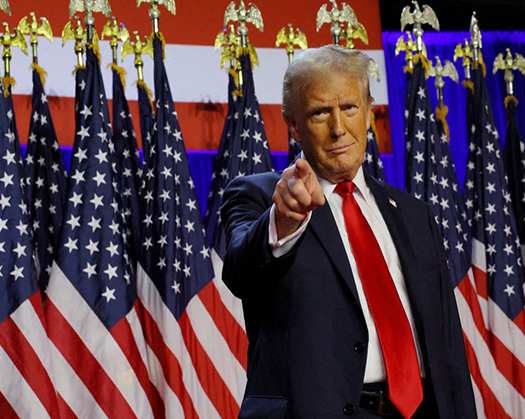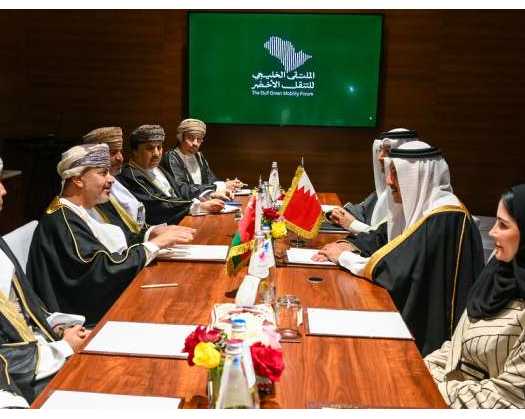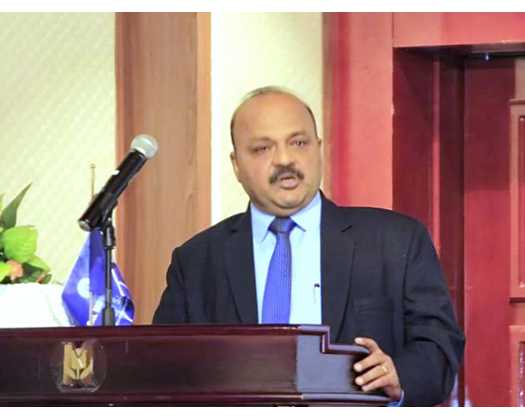New Delhi: On Thursday, US President Donald Trump unveiled a policy regarding reciprocal tariffs.
"In terms of trade, I have made the decision to implement reciprocal tariffs. This means that whatever tariffs other countries impose on the United States, we will impose the same on them—no more, no less. If they tax us, we will tax them with the exact same rates," stated President Trump, as reported by Reuters.
This announcement is expected to have a worldwide effect, including implications for India. During his first term, Trump remarked that "India has more tariffs than nearly any other country" while outlining his plans for reciprocal tariffs.
On February 4, Trump declared a 30-day suspension of newly imposed tariffs on imports from Canada and Mexico. This decision came after discussions with Canadian Prime Minister Justin Trudeau and Mexican President Claudia Sheinbaum, during which both leaders agreed to enhance border security and tackle fentanyl trafficking issues.
The tariffs initially proposed by Trump included a 25 percent duty on imports from Canada and Mexico, along with an additional 10 percent on goods from China. However, Trump indicated that he has obtained new commitments from Canada and Mexico to improve border security, leading to the temporary halt of these tariffs for a month.
As negotiations progress among the US, Canada, and Mexico, the stainless steel sector is also facing potential trade implications, with the Trump administration proposing a 25 percent tariff on all countries exporting to the US.
If enacted, these tariffs would affect Indian companies exporting stainless steel as well. Currently, Indian stainless steel exports to the US are subject to a 25 percent tariff under Section 232, although there is a provision that allows importers to apply for exclusions.
Under the current strategic trade agreement, the US government approves as much as 70 percent of these exclusion requests.
With Trump's emphasis on "fair and reciprocal" tariffs, the global trade environment may experience significant changes, prompting industries and governments to adapt to the consequences of these policy adjustments.









